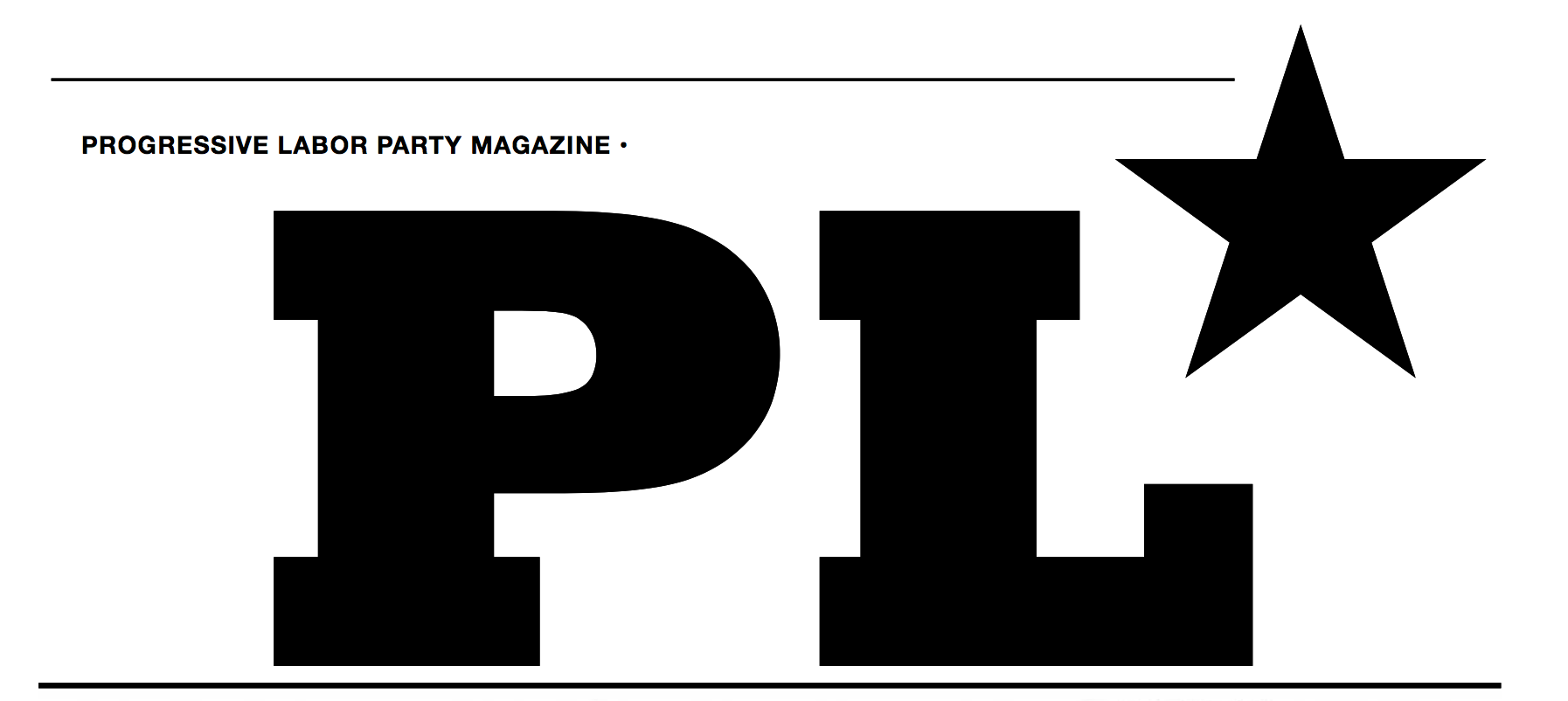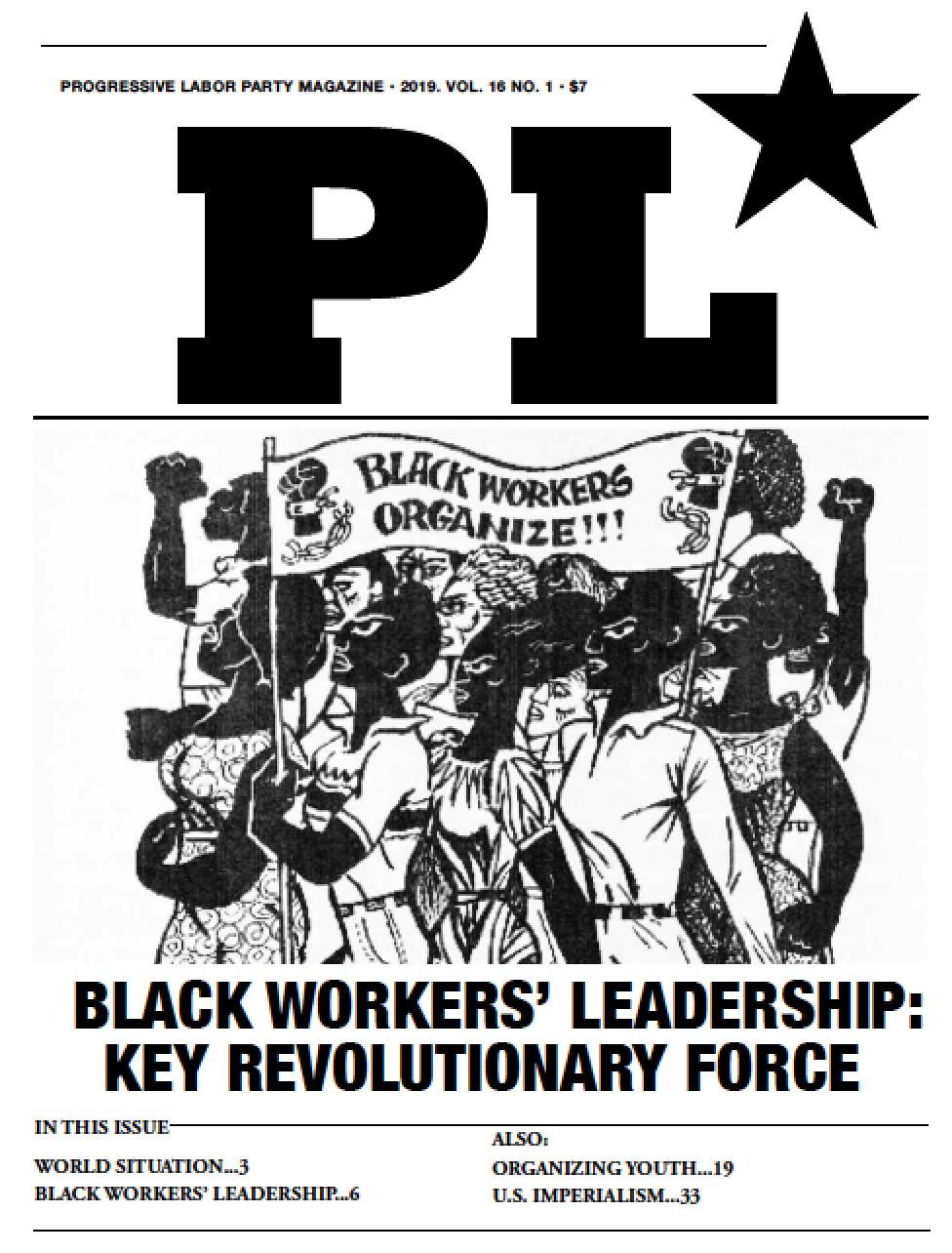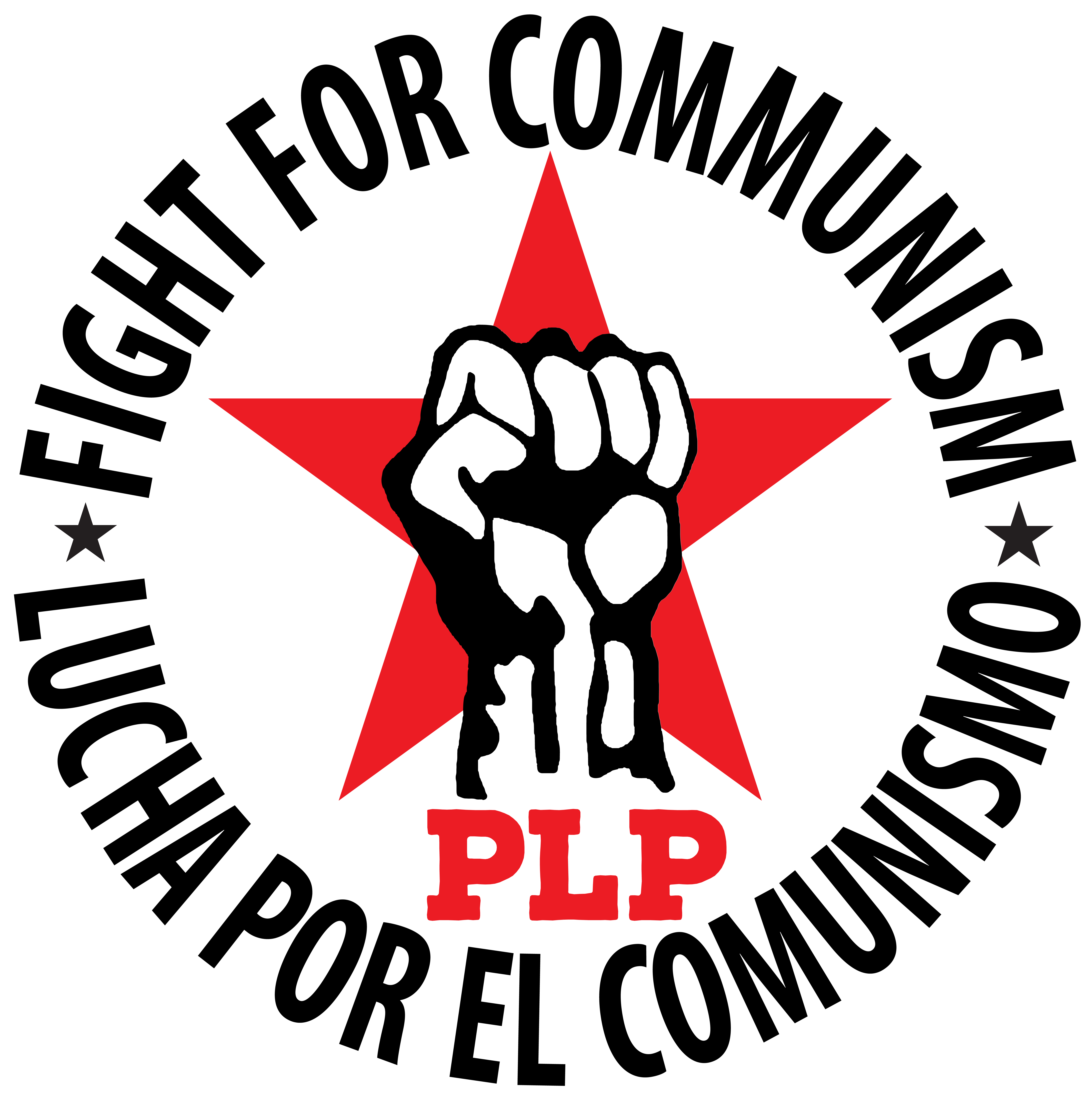Legal Action Can Spark Class Struggle
 Tuesday, June 18, 2013 at 10:59PM
Tuesday, June 18, 2013 at 10:59PM Part One of this response to the letter, “Can Class Struggle Use the Bosses’ Courts?” (CHALLENGE, 4/26/13), discussed the appearance of the courts as a means to seek justice versus the essence of the courts as a tool of the U.S. ruling class in the previous issue (6/19/13). Part Two discusses why we advocate recruiting lawyers and legal workers to the Party and the use of the courts as one avenue of struggle against the bosses.
First, PL’ers work amongst all sectors of the population to organize communist revolution. The current strike in New York City of attorneys and legal workers, members of Legal Services Staff Association UAW Local 2320 (LSSA), is a clear example of this position. The strike involves a staff that serves the needs of the poorest workers (see CHALLENGE, 6/19/13).
Many well-meaning people become lawyers because they believe the illusion that justice can be served through the bosses’ courts. Yet many become disillusioned. These lawyers feel trapped by the constraints of their job — enormous caseloads, insufficient time and resources to prepare cases, and racist courts. Many welcome our Party’s ideas, relieved to find an ideology that makes sense of the nightmare world in which they work. Of course we want such fighters in PLP.
Second, we use all avenues of class struggle, including lawsuits and criminal defense, when our comrades and friends in the working class are under attack. We must, however, approach the legal work from a revolutionary outlook. We seize the opportunity to expose how the institutions of bourgeois democracy, including its laws, serve to maintain the capitalist system of wage slavery. We want to eliminate the deadly illusions in ourselves and our friends that reforms of any kind, legal or otherwise, can ever lead to revolutionary change.
The Scottsboro case, organized by the U.S. Communist Party, is an inspiring example of how a bold legal strategy in the context of a massive, international political campaign can recruit to the Party. The Scottsboro Boys were nine black teenagers accused of rape in Alabama in 1931. At that time, thousands of unemployed workers seeking work — black, white, male and female — rode illegally on the top of train cars.
The Scottsboro incident grew from a fight between black and white homeless workers who rode the trains. The black workers tossed the white workers off the train. The latter raced to the nearest town, Scottsboro, Alabama, and reported to the local sheriff. The train was stopped and all the workers were pulled off. Two were white girls. Terrified that they would be arrested themselves they promptly claimed they were raped. A random group of nine black teens were arrested and charged with rape.
Communist Party (CP) members happened to be in the area organizing farmworkers when the news broke. They immediately contacted Party headquarters in New York and a campaign was launched. The first defendant was convicted in a day and a half and sentenced to death. The remaining eight were all convicted the following day.
At that point, the CP found a lawyer in New York willing to take on the appeal. The case was taken to the U.S. Supreme Court three times while a mass campaign began involving protests, fund-raising and publicity in all areas where the Party existed. It organized a speaking tour for several mothers of the defendants who spoke across the U.S., and in London, Paris and Moscow. One of the two female accusers even joined the Party and testified at the second trial, admitting that she had lied. It developed into an international movement that put U.S. racism on trial. The struggle lasted throughout the 1930s.
Eventually all nine were released from jail although some spent many years in prison before the state of Alabama finally decided to give up on the case. Out of that and other political/legal battles of the 1930s and 1940s came the enormous experience in the class struggle from which PLP draws many lessons. It is significant that the best book on the philosophy of dialectics, Dialectical Materialism, was written by a communist lawyer active in the fight against the anti-communist attacks of the U.S. government in the 1950s and inspired by the Scottsboro case.
“Standing on the shoulders of giants,” PLP continues to develop campaigns in many cases where comrades and friends who fought racist and fascist forces have been arrested and prosecuted in the bosses’ courts. PLP has learned from these struggles that a strategy of developing a team of legal fighters who act boldly in the courtroom, combined with political organizing to go on the offensive outside the court; mass actions on the courtroom steps; packing the courtroom with supporters; mass fund-raising for the legal defense, and especially raising the issue in other struggles we are waging; can bring workers and youth closer and into the PLP while fighting attacks by the bosses.
We hope this article stimulates further discussion amongst members and friends that helps to advance our ideological clarity about when and how to fight in the courts.





 Progressive Labor Party (PLP) fights to destroy capitalism and the dictatorship of the capitalist class. We organize workers, soldiers and youth into a revolutionary movement for communism.
Progressive Labor Party (PLP) fights to destroy capitalism and the dictatorship of the capitalist class. We organize workers, soldiers and youth into a revolutionary movement for communism.




Reader Comments